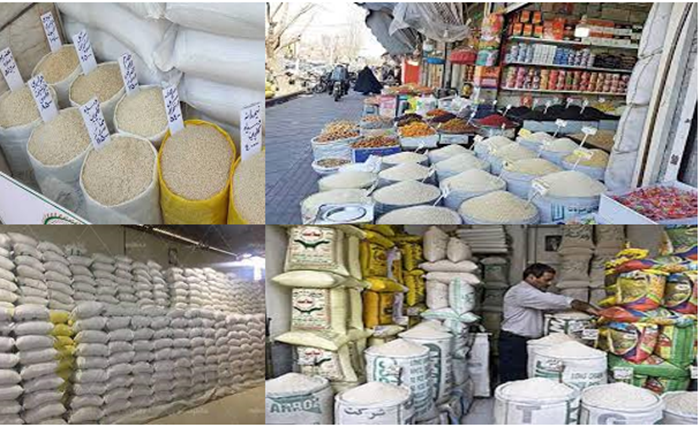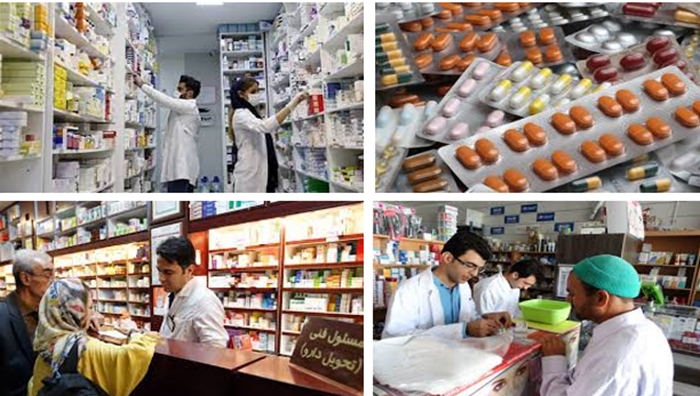

Despite the availability of substantial financial assets, primarily derived from oil revenues, the Iranian government has been accused of diverting these funds for personal enrichment and regional ambitions, rather than addressing urgent healthcare needs.
The situation deteriorated further following the Debsh tea scandal, as recent reports unveiled another large-scale embezzlement case involving currency misappropriation for rice imports. This scandal not only exploits financial resources but also undermines domestic rice farmers. Despite the immense wealth accumulated by regime officials from such schemes, the fundamental issues plaguing the nation and its people remain unresolved.
While the government prioritizes rice importation, economists have raised alarms about the upcoming budget bill, highlighting the impending shortage and the challenges in securing currency for essential items like medicine and powdered milk. Regime president Ebrahim Raisi, meanwhile, has been criticized for allocating oil revenue among his close associates rather than addressing these critical needs.

This forecast was recently confirmed by a Majlis (parliament) member, who described the country’s medicine situation as reaching a critical stage. Concurrently, Majlis members appealed to supreme leader Ali Khamenei about the medicine shortage, but their concerns were overshadowed by Khamenei’s focus on regional and domestic political maneuvers.
In a striking example of corruption, two Majlis members revealed that 2 million tons of rice were imported at an official exchange rate significantly lower than the market rate, leading to massive profits for a select few. This occurred during the tenure of Raisi’s former Minister of Agriculture, and despite the lack of domestic necessity, rice imports have continued. Recently, a shipment of 350 tons of rice arrived at an Iranian port, exacerbating the plight of northern rice farmers who could have produced a similar quantity.
The Ministry of Agriculture Jihad, once a pillar of Iran’s agricultural sector, is now embroiled in controversy. The former Minister of Agriculture Jihad is currently on trial amid internal regime conflicts, with allegations suggesting the ministry became a hub for embezzlement and corruption. This was reportedly overseen by Mohammad Mokhber, Raisi’s Vice President.

This has led to significant hardships for millions living in poverty, further compounded by the corruption that cripples the economy, particularly in the northern regions. The current state of affairs in Iran demonstrates the depth of corruption within the regime, suggesting that only a fundamental change in governance can alleviate the suffering of the Iranian people.

MEK Iran (follow us on Twitter and Facebook), Maryam Rajavi’s on her site, Twitter & Facebook, NCRI (Twitter & Facebook), and People’s Mojahedin Organization of Iran – MEK IRAN – YouTu







